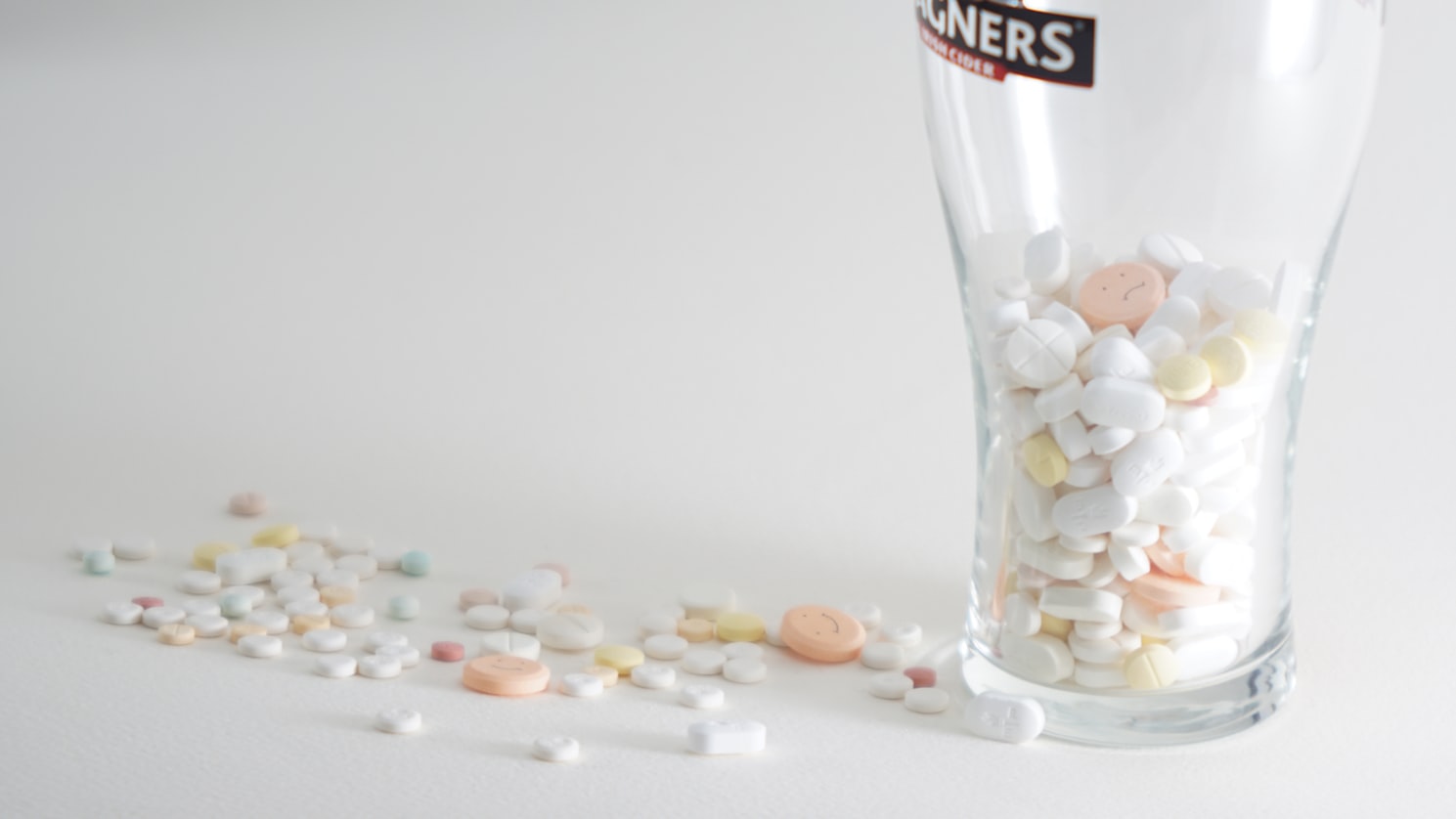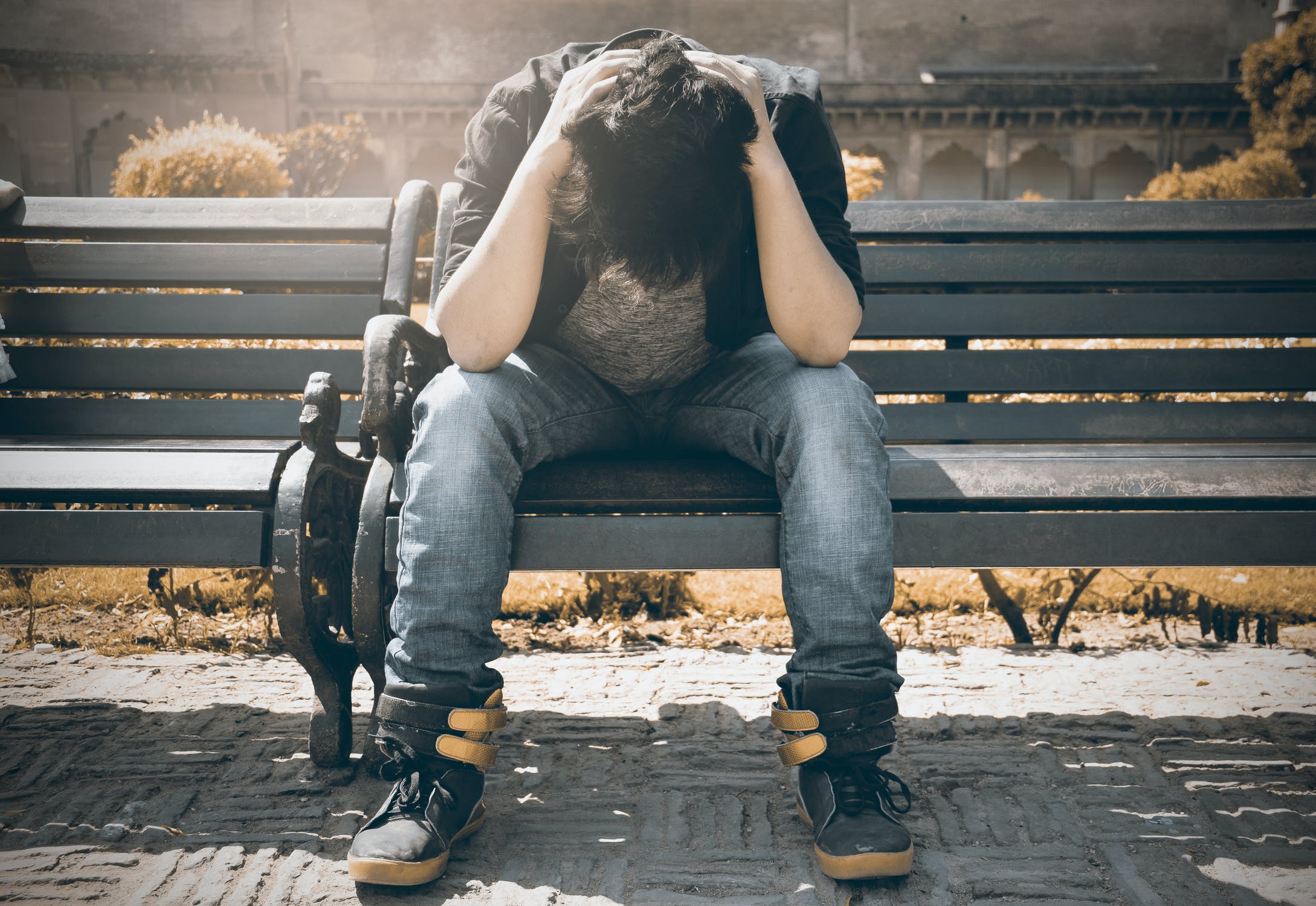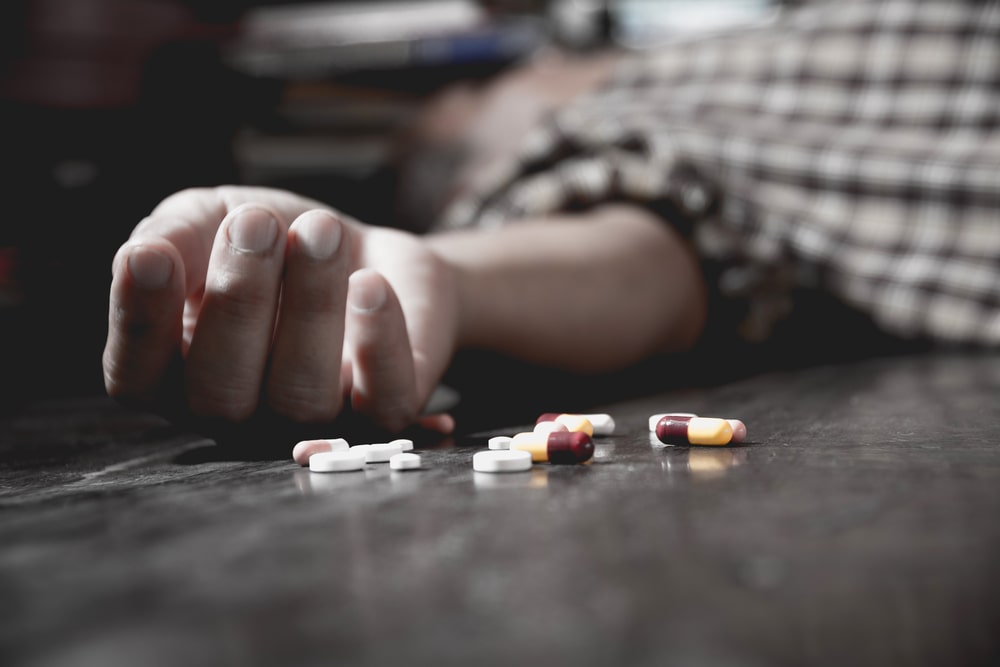
Depression is a severe and painful condition, so it’s no wonder that people would seek quick and easy relief for their symptoms. Drinking alcohol can offer immediate relief from the pain of depression when clinical treatments for the disorder can take weeks and sometimes months to work. Unfortunately, mixing alcohol with antidepressants can be dangerous.
The Link Between Depression and Alcohol Abuse
Depression can be debilitating and lead to low moods, feelings of hopelessness, and a loss of interest in usual activities, leading some people to self-medicate with alcohol. While occasional, moderate drinking is not problematic, heavy alcohol use can lead to addiction.
Unfortunately, the link between depression and alcohol abuse is strong. In fact, one study found that 63.8% of people who were dependent upon alcohol were also depressed, suggesting that the two conditions go hand-in-hand for a significant portion of people. A review of multiple studies also found that alcohol use disorders were prevalent among people with major depressive disorder.
This means that people who are prescribed medications for depression may be at risk of abusing alcohol and experiencing side effects that come from mixing alcohol and antidepressants.
What are Antidepressants?
Antidepressants, along with therapy, are some of the most common treatment options for those with depression. In cases of moderate to severe depression, antidepressants are highly effective for offering relief from debilitating symptoms. There are dozens of different antidepressant drugs on the market, and all work in different ways to impact certain aspects of brain chemistry thought to play a role in depression. However, people must understand that depression isn’t just a “chemical imbalance.” Other factors play a major role in triggering depression symptoms.
A person’s family history, the type of lifetime stress they’ve experienced, their physical health, and even their inherent personality traits can impact depression symptoms. This complex array of depression causes are why some medications alone are not 100% effective for alleviating symptoms and preventing relapse episodes from happening. Patients usually need therapy and support groups to manage their depression fully in addition to medication.
Types of Antidepressant Drugs
While the term “antidepressants” describes any medication used to alleviate symptoms of depression, it is helpful to understand that there are numerous types of antidepressant drugs. These include the following:
Different classes of antidepressant drugs may show different interactions with alcohol.

What Happens When Someone Combines Alcohol with Antidepressants?
All medications interact with different drugs, substances, and even foods and drinks a person consumes. Mixing antidepressants and alcohol can be unsafe in some cases, depending upon the quantity of alcohol consumed and the type of antidepressant a person is taking. Sometimes, drinking alcohol can reduce the effectiveness of antidepressant medication. Drinking alcohol, especially heavily, is not recommended for those with depression, and it could even make symptoms of depression worse in the long term. When alcohol and antidepressants are mixed, the following can occur:
Drinking often suppresses an antidepressant’s ability to work, which can also make depression harder to treat. In the short term, alcohol can significantly increase a person’s mood. But after the effects of the drink wear off, depression symptoms are often worse than before.
The side effects of the medication can increase. All medication comes with side effects, including antidepressants. When someone takes an antidepressant and other prescriptions then drinks, the side effects of all three substances can intensify.
A dangerous reaction can occur. In some cases, a depressed patient may only benefit from an older class of antidepressant drugs called MAOIs. Although effective for treating depression, MAOIs can interact poorly with many different foods and drinks, including alcohol. Mixing alcohol with MAOIs can cause a potentially fatal increase in blood pressure.
Thinking and alertness are significantly impaired. One side effect that is common with a majority of antidepressants is drowsiness — drinking alcohol while taking antidepressants increases this effect.
What are the Greatest Dangers of Mixing Alcohol with Antidepressants?
There are many dangers and risk factors associated with mixing alcohol with an antidepressant. Certain antidepressant medications come with higher risks than others. For example, SSRI drugs combined with alcohol typically won’t cause dangerous reactions, but the combination will make someone drowsy and sluggish, which can increase their chances of getting injured. People who abuse prescription medications by mixing them with alcohol indicate that they may be at risk of alcohol addiction. People with depression are already at a higher risk of addiction disorders, so combining these two substances will only increase that risk factor.
People who are abusing alcohol while taking an antidepressant are also likely to stop taking their medication so they can drink without the side effects of mixing the two. Unfortunately stopping and starting medication will make depression worse. Antidepressants require someone to take a steady, consistent dose over a long period for them to work correctly and effectively.

Specific antidepressant drugs, particularly monoamine oxidase inhibitors (MAOIs) seem to come with the greatest dangers when mixed with alcohol. For instance, the Food and Drug Administration (FDA) warns against mixing the MAOI drug Parnate with alcohol because it can cause increased depression of the central nervous system, resulting in potentially dangerous side effects.
MOAIs aren’t the only antidepressant drugs that can come with dangerous side effects when mixed with alcohol. Experts often warn against combining alcohol with SSRIs and other antidepressants because the combination can worsen side effects and make users feel sleepier and uncoordinated. In rare cases, combining alcohol with antidepressants can lead to a state called “pathological intoxication,” in which a person becomes significantly impaired by alcohol, becoming violent or excessively disinhibited. For some people, it seems that antidepressants may alter alcohol tolerance or heighten the effects of alcohol.
Who is Most Likely to Abuse Antidepressants and Alcohol?
The vast majority of people who are prescribed an antidepressant medication do not abuse the drug. But a subset of patients are more likely to mix antidepressants and alcohol despite the dangers. People with a history of substance abuse are the most likely to engage in this behavior. When someone abuses prescription medications like antidepressants, they must be referred to an addiction counselor for further screening and addiction treatment.
What if Someone is Not an Alcoholic but Drinks Casually While Taking an Antidepressant?

Not all prescription antidepressants interact poorly with alcohol. MAOIs are the only antidepressant medication that can cause potentially deadly health conditions when combined with alcohol. In general, manufacturers of antidepressants advise patients to avoid drinking during the first several weeks of taking an antidepressant until side effects subside. Drinking even small amounts of alcohol during this time can impact the drug’s ability to work, worsen depression symptoms, and make someone incredibly tired and drowsy.
After side effects dissipate, it is generally safe for people on SSRIs, tricyclic antidepressants, and other antidepressant drugs besides MAOIs to drink small, casual amounts infrequently. But drinking large amounts of alcohol while on an antidepressant is not advised. This type of behavior is considered aberrant and may indicate that someone has an addiction to alcohol.
The bottom line is that whether you are taking antidepressants or not, heavy alcohol consumption is not advisable because it comes with the risk of health problems and even addiction. If you are taking antidepressants and do choose to drink, it is important to do so in moderation. Experts recommend no more than one drink per day for women and up to two per day. Anything more than this can lead to alcohol abuse, which can be especially risky for someone with depression. Given the potential dangers of mixing alcohol and antidepressants, it is also important to monitor your side effects and follow your doctor’s recommendations.
What Type of Treatment is Available for People on Antidepressants Who Abuse Alcohol?
A person who is diagnosed with depression and is engaging in problem drinking needs to seek immediate help. Problem drinking while on antidepressant significantly impacts the drug’s ability to work. Tragically, alcohol abuse plays a major role in suicide attempts.
There is extensive research into the role mental health disorders play in triggering addiction and how they impact treatment for substance abuse. Rehabilitation centers use integrated treatment models for addressing a patient’s mental health condition and how it interacts with their substance abuse. For people who are struggling with alcohol addiction and take antidepressants, getting help from an experienced team of drug abuse doctors and therapists is critical for treating both disorders.
Are you or a loved one abusing prescription medications and alcohol? Addiction and mental health conditions like depression are highly treatable. At Mission Harbor Behavioral Health, clinicians are standing by to answer your questions about mental health and addiction treatment. Please contact us today to explore your options.
We offer multiple treatment tracks and various levels of care, so we can develop a treatment program that meets your unique needs.
Get Help Now
Alcohol addiction is extremely difficult to overcome on your own.. Seek specialized help and let professionals guide you in your recovery.

